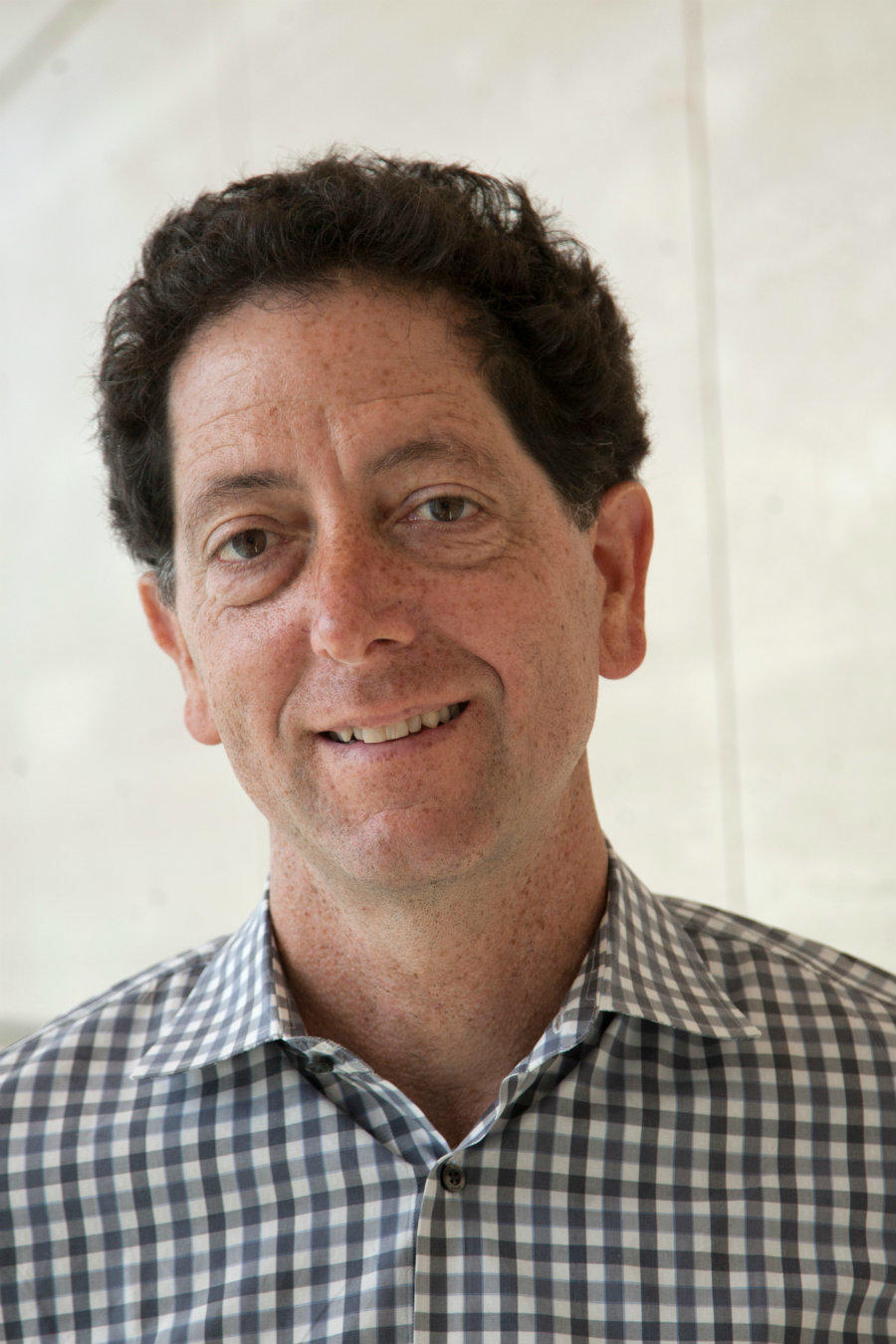Chemical biologist Kevan Shokat brings a unique perspective to the development of molecularly targeted therapies. He began his research career as an organic chemist, only later turning to biology. He believes that this hybrid training enables him to “think chemically” but with a deep enough understanding of biology to know what to focus on in addressing major biomedical challenges. Importantly, he believes we need to unwind many of our assumptions about things and conduct research in an open-minded, open-ended way. “That will lead us to fundamental discoveries,” he said, “and, every so often, you’ll overturn some dogma and that will be the crack in the problem.”
Encouraged by pioneers in the study of oncogenes—altered genes that have the potential to cause cancer—Kevan entered the field of cancer drug discovery. Among the oncogenes he sought to target were members of the RAS gene family, which play an important role in more than 30% of all human cancers, including 95% of pancreatic cancers, 45% of colorectal cancers, and 35% of lung cancers. The proteins produced by RAS oncogenes had long been thought to be “undruggable” because they lack a clear binding site for drug attachment. Kevan, however, prefers to view them as “not yet drugged.”
With the support of NCI funding, Kevan’s team focused initially on a mutant form of the KRAS gene that occurs in non-small cell lung cancer. Using a technology that had not previously been applied to oncogenes, they successfully inhibited the protein by chemically binding, or tethering, small molecules to the part of the protein that was altered by mutation. Additional research showed, however, that these small molecules bound to what was thought to be an inactive form of the protein. Before this finding, it had been universally accepted that mutant RAS proteins were locked in an active state and that successful RAS inhibitors would target that active state. Not only were these two long-standing beliefs overturned by this research, further research would show that cancer-causing mutants in a RAS-related protein, which was supposedly in its inactive state, actually exists in the active state.
“Many of the assumptions we’ve made, about proteins we’ve studied a lot in cancer, are wrong,” Kevan said, “and these assumptions are hindering our ability to make discoveries.” He believes that findings like these underscore the need for more basic research. He also said that it is very important for NCI to sustain funding for cancer drug discovery aimed at high-value targets, such as RAS, and even to prioritize high-risk, high-reward science. “We don’t have enough discoveries on the table to add them up in different ways to construct the next major drug,” he said. “We need more discoveries.”
